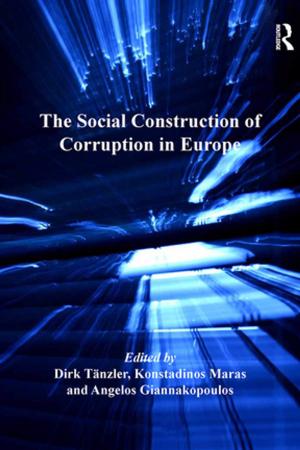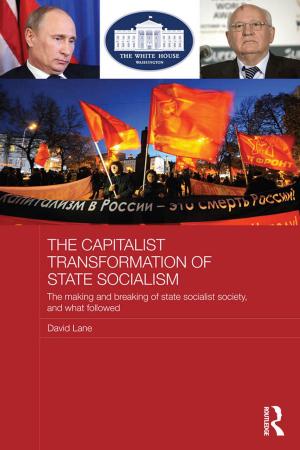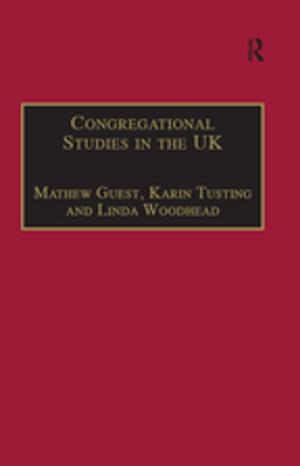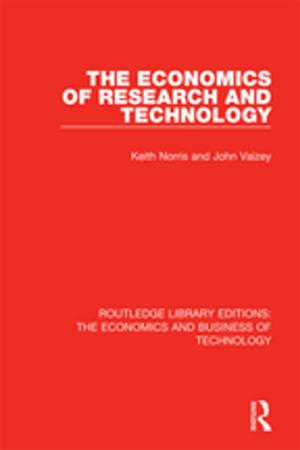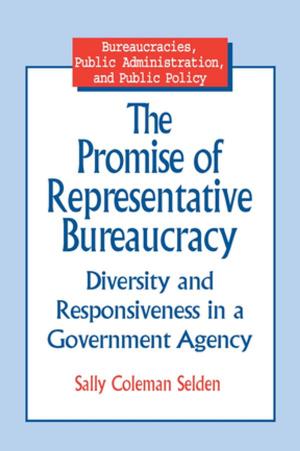| Author: | ISBN: | 9781136160615 | |
| Publisher: | Taylor and Francis | Publication: | December 20, 2012 |
| Imprint: | Routledge | Language: | English |
| Author: | |
| ISBN: | 9781136160615 |
| Publisher: | Taylor and Francis |
| Publication: | December 20, 2012 |
| Imprint: | Routledge |
| Language: | English |
One of the most significant events in European politics the past two decades is the emergence of radical right-wing parties, mobilizing against immigration and multiethnic societies. Such parties have established themselves in a large number of countries, often with voter shares exceeding ten and sometimes even twenty percent. Many of these parties exert a real influence on the policy within respective country.
The emergence of the recent wave of radical right-wing party politics has generated a large and growing literature, spanning a variety of dimensions—such as ideology, voting, and policy impact. This volume will cover all these dimensions, but it will in particular focus on two questions: why is it that the working class tends to be especially attracted by the radical right-wing parties? And what does the radical right-wing parties growing electoral successes mean for Social Democracy and the traditional left in Europe, which are meeting growing competition from the radical right over working class voters?
Bringing together the leading scholars within this field, this book makes a unique contribution by focusing on the relationship between class politics and the radical right.
One of the most significant events in European politics the past two decades is the emergence of radical right-wing parties, mobilizing against immigration and multiethnic societies. Such parties have established themselves in a large number of countries, often with voter shares exceeding ten and sometimes even twenty percent. Many of these parties exert a real influence on the policy within respective country.
The emergence of the recent wave of radical right-wing party politics has generated a large and growing literature, spanning a variety of dimensions—such as ideology, voting, and policy impact. This volume will cover all these dimensions, but it will in particular focus on two questions: why is it that the working class tends to be especially attracted by the radical right-wing parties? And what does the radical right-wing parties growing electoral successes mean for Social Democracy and the traditional left in Europe, which are meeting growing competition from the radical right over working class voters?
Bringing together the leading scholars within this field, this book makes a unique contribution by focusing on the relationship between class politics and the radical right.

